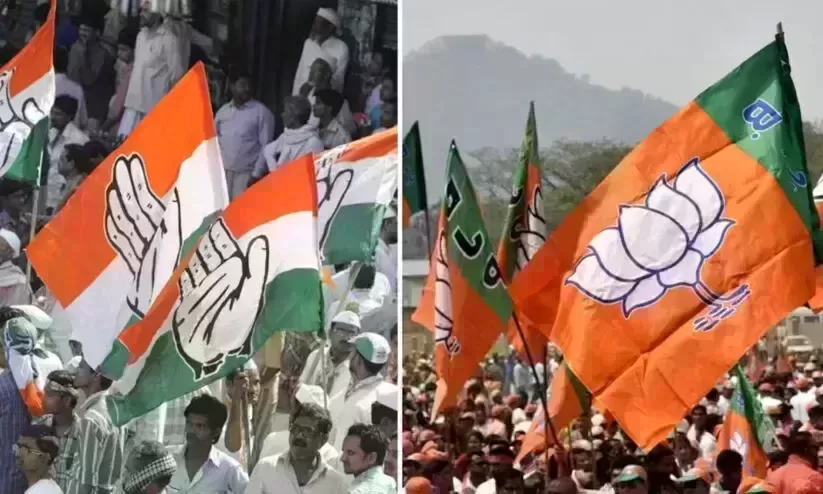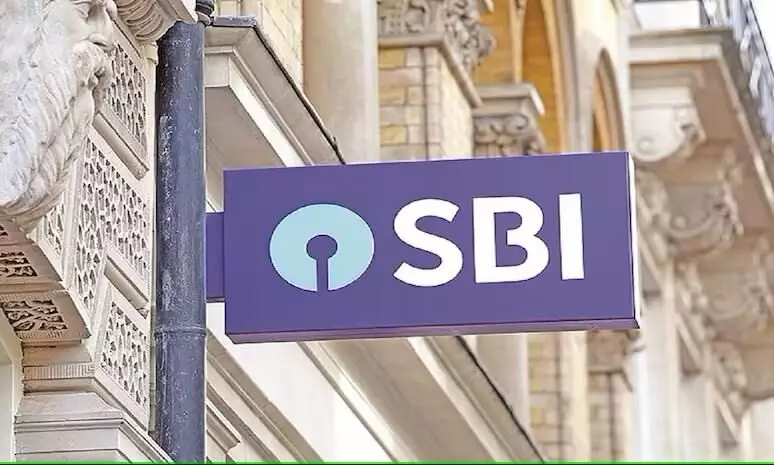
Supreme Court orders SBI to disclose Electoral Bond details by tomorrow
text_fieldsThe Supreme Court has dismissed the State Bank of India's request for an extension until June 30 and ordered the submission of the electoral bond report by tomorrow, while questioning the bank's lack of action in the past 26 days since being instructed to disclose the details.
The court's decision comes after a five-judge Constitution Bench, led by Chief Justice DY Chandrachud, had previously declared the electoral bonds scheme "unconstitutional" on February 15, directing the Election Commission of India (ECI) to make donor details public by March 13.
Senior advocate Harish Salve, representing SBI, argued that the bank was facing challenges in collating the information as it had been instructed to maintain the secrecy of the electoral bond transactions. However, the court expressed dissatisfaction with the bank's progress, noting that it had not provided information on the steps taken in the past 26 days since the initial verdict.
Justice Sanjiv Khanna emphasized that SBI could simply open the sealed cover containing donor details, collate the information, and comply with the court's order. The Chief Justice questioned the need for an extension, considering that the electoral bonds scheme itself mandated disclosure of information when demanded.
The contentious electoral bonds scheme, introduced by the Narendra Modi government in 2017, allowed anonymous political funding, raising concerns about transparency and accountability. The recent ruling by the Supreme Court deemed the scheme unconstitutional, leading to a directive for the disclosure of donor details, donation amounts, and recipients by March 13.
The SBI's plea for an extension faced opposition from the Association for Democratic Reforms (ADR), one of the petitioners challenging the electoral bonds scheme. The ADR argued that the last-minute application by SBI was an attempt to delay the release of details before the upcoming Lok Sabha polls.
Salve defended SBI's position, stating that the bank had followed standard operating procedures (SOP) to store information about electoral bonds outside the core banking system. He explained the complexity of the process, highlighting the need to reverse it and crosscheck details before disclosure.
Chief Justice Chandrachud raised concerns about the bank's affidavit seeking modifications to the court's judgment, calling it a "serious issue." The court emphasized that SBI must comply with the order and disclose the information promptly, without further delays.
As the controversy unfolds, questions arise about the transparency of political funding, especially with the electoral bonds scheme being struck down as unconstitutional. The court's firm stance on disclosure and the rejection of the bank's extension request underscore the importance of accountability in electoral financing.
The Chief Justice noted that Clause 7(4) of the electoral bonds scheme itself stipulated the confidentiality of buyer information, which should be disclosed when demanded by law enforcement agencies or during the registration of an offence. The court questioned the justification for SBI seeking an extension, particularly when the information was available, albeit in a time-consuming decoding process.
























